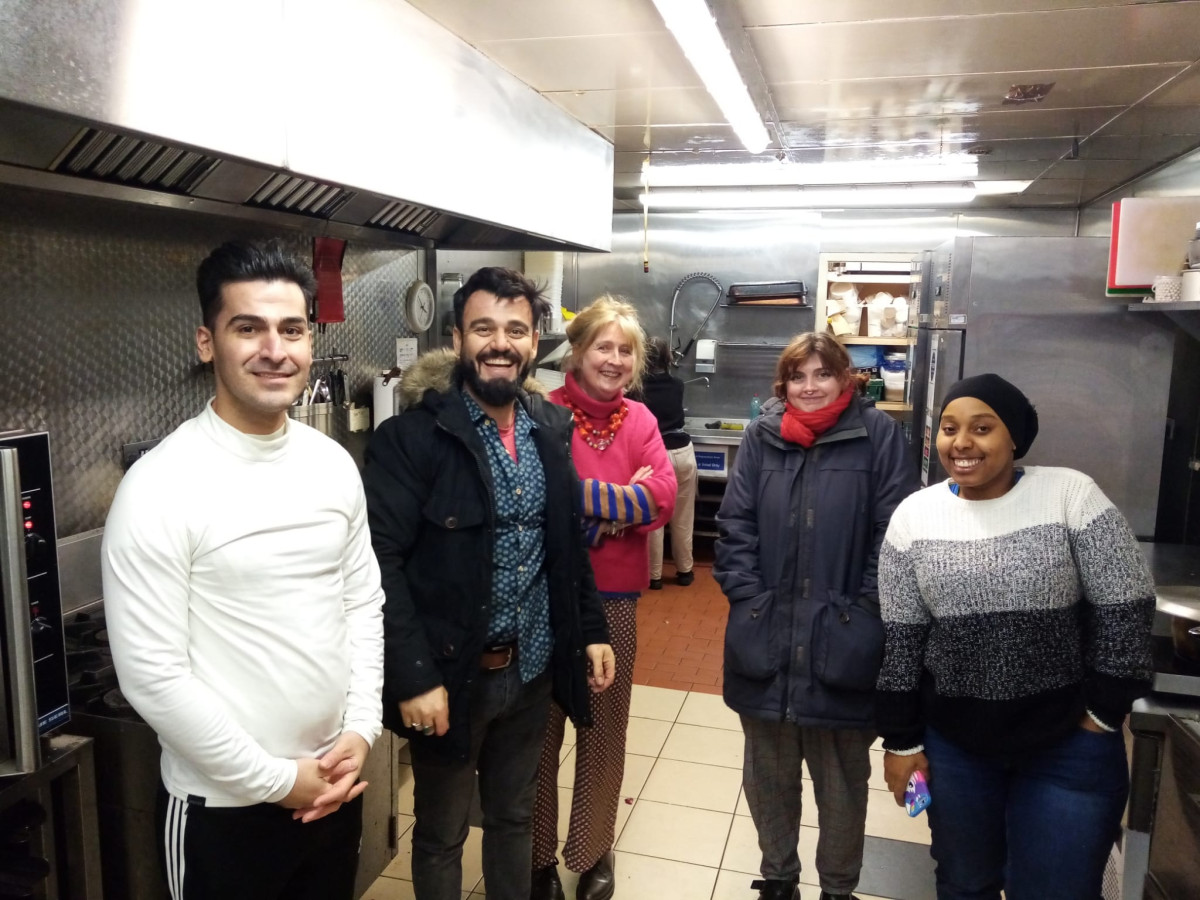
working with volunteers in the kitchen
Find out more: https://www.cwin.org.uk/
Involved in decision-making
Letting people have a say and listening to their contributions and their ideas should be the standard of any good leadership. After all, our volunteers know their role best and they will have good ideas on how to run the projects they are working in.
Regular volunteer meetings as well as informal conversations and feedback forms are ways in which we engage volunteers in decision making. This is nothing unusual, but it is important and helps to build good relationships with our volunteers.
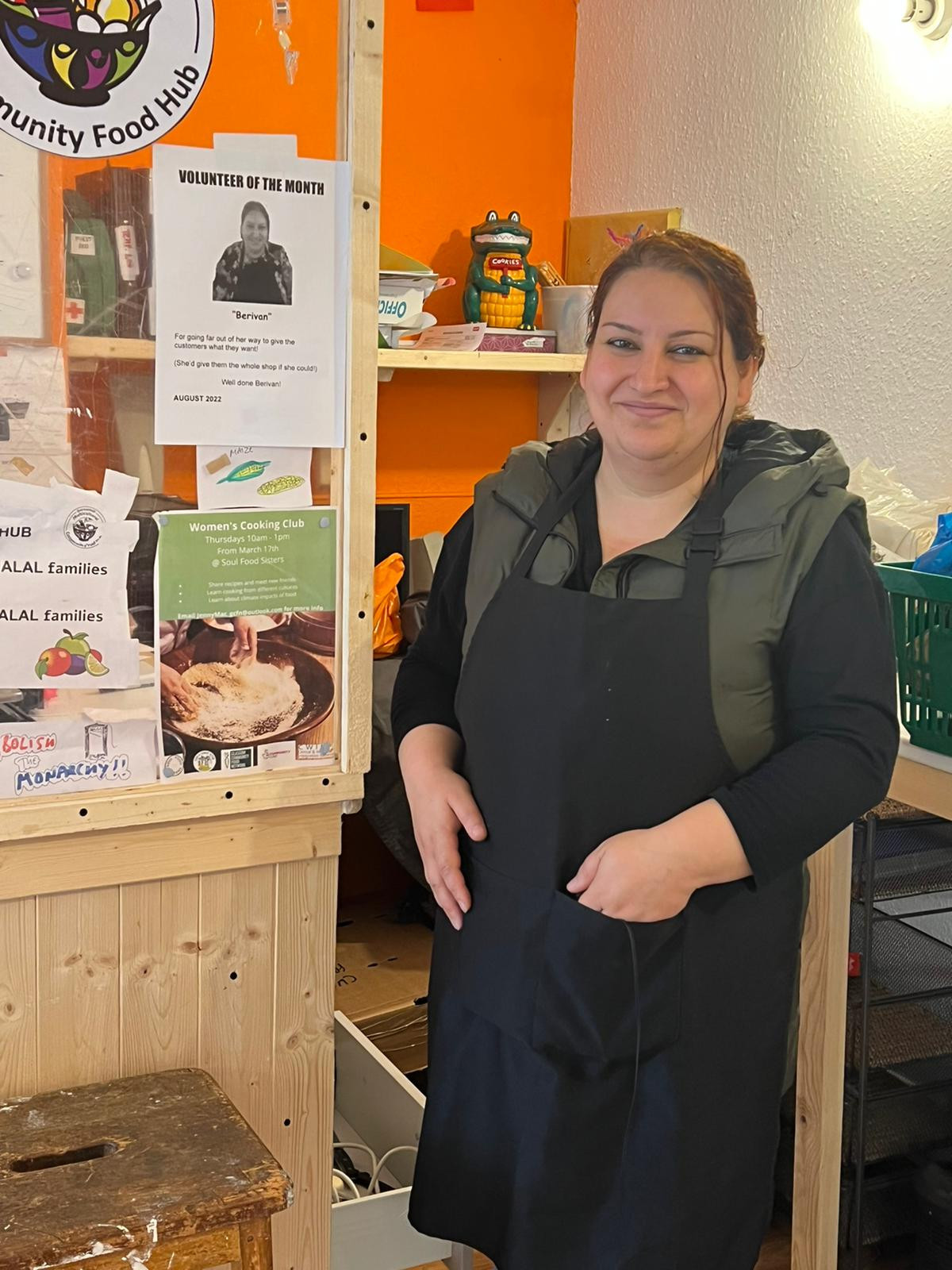
Volunteer of the month
Nourished and supported
Many of our volunteers are in the asylum system. We are very much aware that they have a potential background of trauma which is compounded by the brutal poverty, exclusion from the labour market and sometimes language barriers. Therefore we work very hard to ensure that they are nourished and supported.
We are friendly and we express our gratitude frequently, in person and in messages. It’s a small thing, but being thanked helps people to feel good about themselves.
If our volunteers need help with anything, this becomes a priority. If they need a support letter or help with filling a form, we will do it there and then, if we can.
Any material opportunity that comes our way, we will make available to our volunteers. Sometimes we get offers from partners organisations, such as bikes, computers or tickets for events. We will always accept these offers and pass them on.
At the heart of this is getting to know our volunteers and being aware of where they are in their journey. That helps us send opportunities their way, when we see them.
One of our volunteers took part in an access course at Glasgow University, because we made her aware of the application opening. She passed the course and coincidentally got her refugee status at the same time, she can now enter University.
Another volunteer told us how hard it was for her that her child was asking for a Halloween costume and she could not afford to buy it with the asylum support. She was so tired of saying no to this child who was too young to understand their situation and just wanted to have the same things as all the other children in school. It took only a few minutes to post an add on social media and one of our supporters was delighted to buy the costume that this child wanted.
These are just two examples of how we can use our knowledge and networks to support our volunteers once we know them.
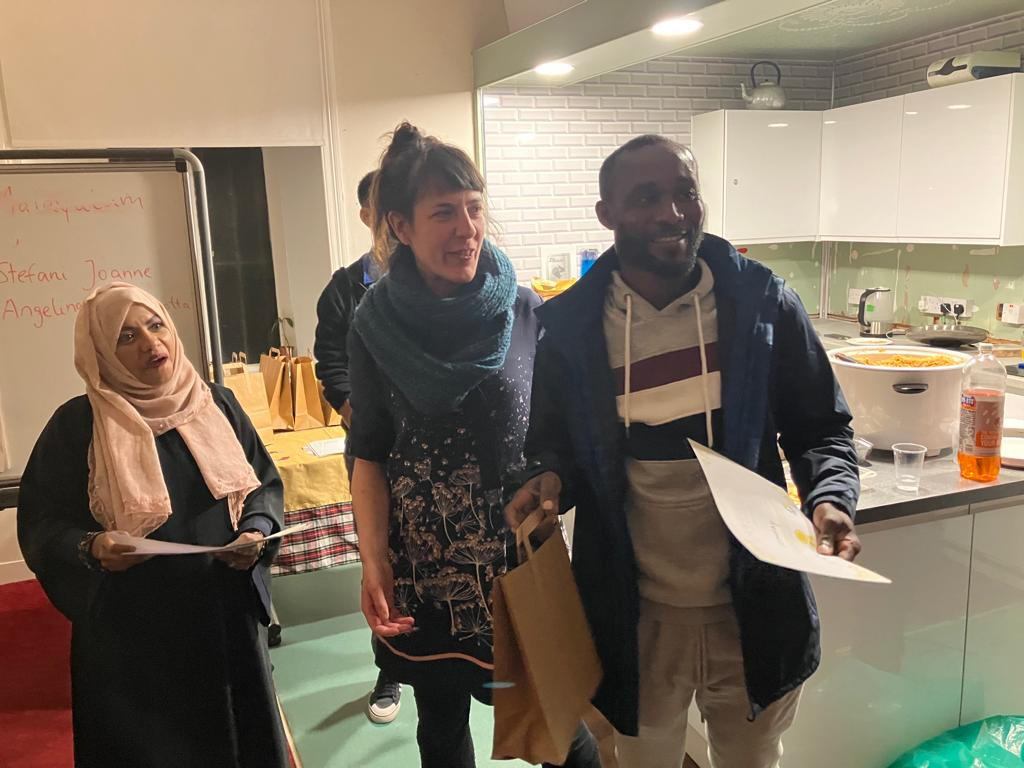
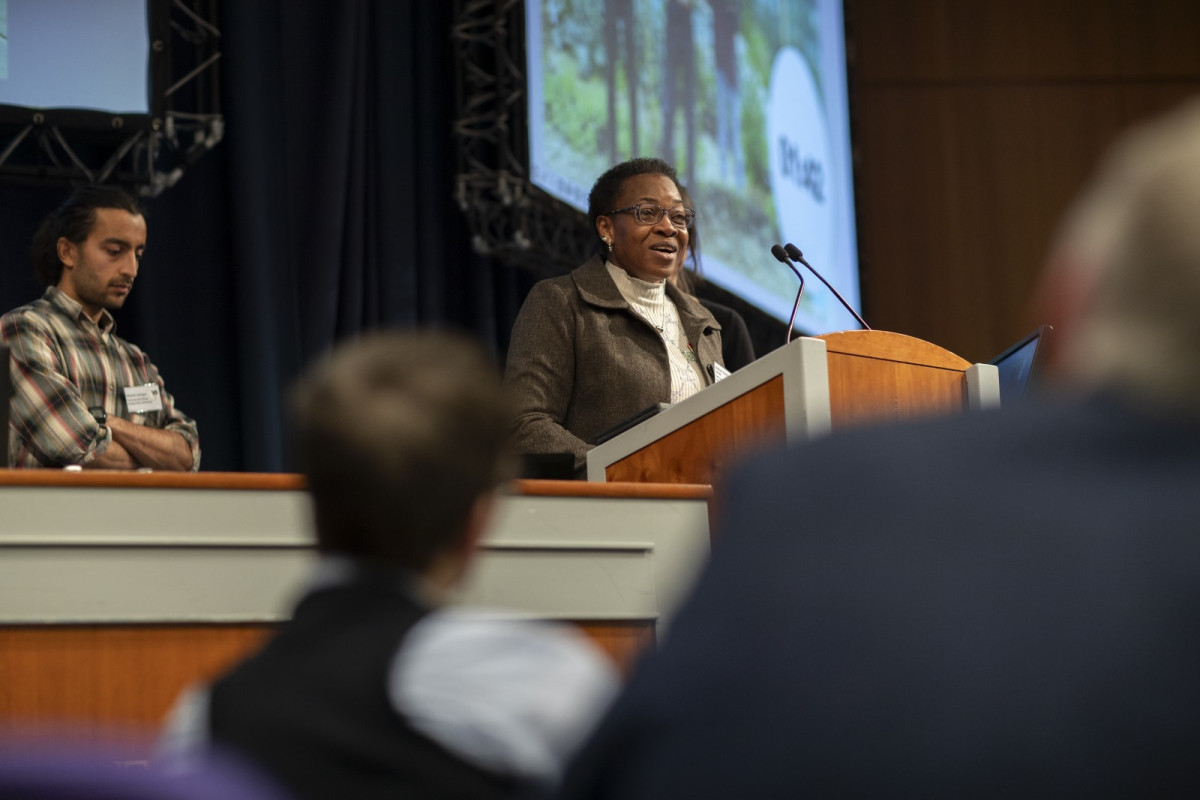
The level of support we provide for our volunteers is based on the proximity of working in a small organisation and an informal, anecdotal knowledge of people’s needs. As CWIN grows, we might not get to know all our volunteers in equal measure and we might not distribute the material opportunities we source in a way that is fair. Some people might readily share their stories and ask for support, others might not come forward but have an equally strong need for support.
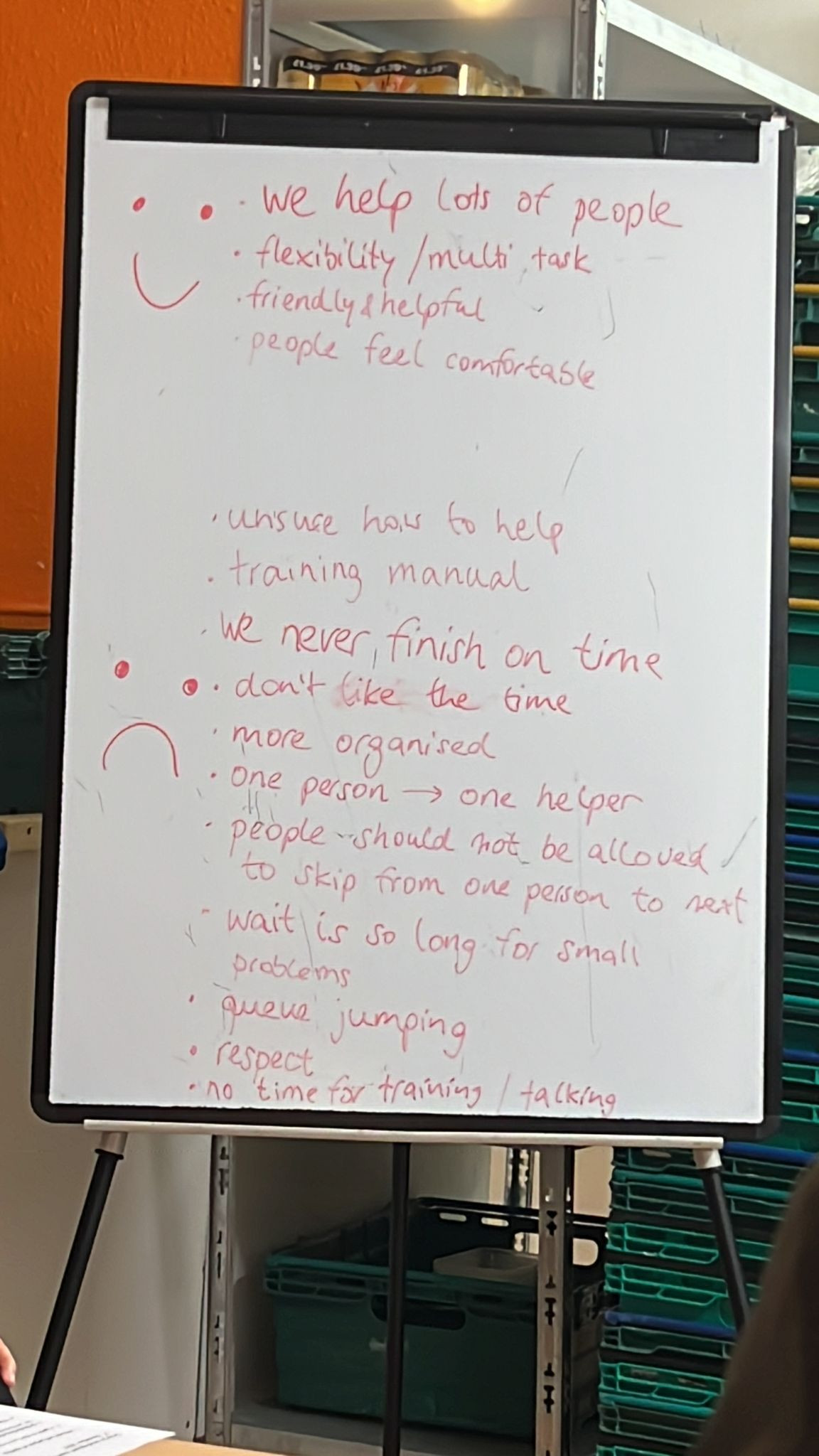
Reflecting on challenges with volunteers
For this particular challenge, it is important to remember that we have a responsibility to get to know all our volunteers.
The volunteer induction guidelines on the website are a good reminder of this. It helps to go back to this document every now and again to refresh our understanding of what matters.
“Make sure that you have some kind of structure in place that helps volunteers to contribute to decision making, something that works for your particular project.Get to know your volunteers and keep them in mind individually, when you see opportunities that might benefit them.” – Vivien Opiolka